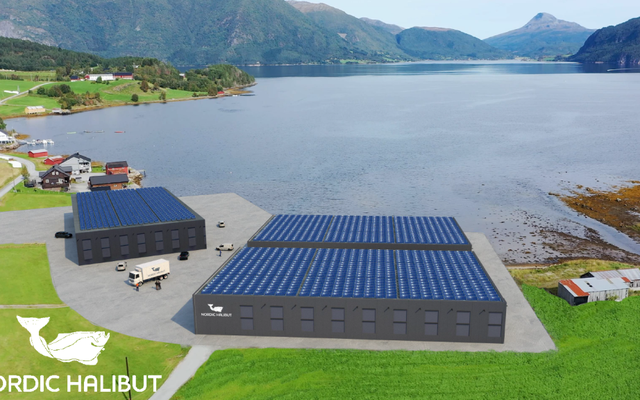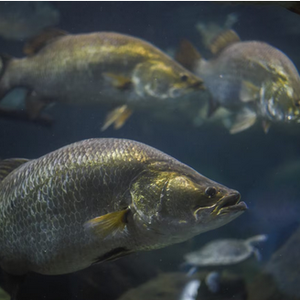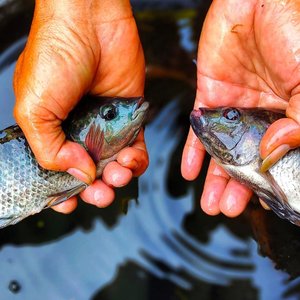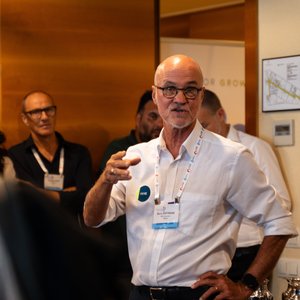Nordic Halibut’s plan to build a land-based halibut facility in Tingvoll, Norway has been approved by the local municipality. The new land-based facility targets an annual production of 1.25 million juveniles and is expected to be fully operative in 2027.
“We are really pleased that Tingvoll municipality continues to demonstrate its support to Nordic Halibut’s plans to create local jobs and value creation through the development of a new land-based halibut facility,” said CEO Edvard Henden.
The fit-for-purpose built facility will strengthen and further improve the internal biological competence and represent a platform for further progress in genetics. The company’s dedicated broodstock program and the advancements made in broodstock generations is the prerequisite for Nordic Halibut’s growth plan through increased robustness, growth rates and reduced lead time. The new facility at Torjulvågen will enable further biological improvement and increase the company’s competitive advantage.
The new hatchery
The new facility is planned to be divided into three 1,500 m2 production units and all land-based production phases will be integrated at one location. Production capacity at the facility once fully operational will be 1.25 million juveniles per year. Coupled with Nordic Halibut’s already existing land-based infrastructure, the company will have the capacity to put over 2 million fish to sea per year, corresponding to a harvest volume of 9,000 tonnes HOG.
The facility will be built with well-established and proven technology and will be based on a 100% flow-through system. The fjords surrounding Torjulvågen are deep, enabling Nordic Halibut to access water of high quality and stable temperature perfectly suited for land-based halibut production without the need for advanced technological water treatment or heating. This makes the facility energy efficient in addition to minimizing technological risk throughout the production cycle.
As part of the company’s sustainability strategy, Nordic Halibut has designed the new land-based facility to be close to self-sufficient by utilizing its own renewable solar power installed at the rooftop of the production units.
“The new land-based facility will for the first time in the company’s history, be fit-for-purpose and designed for halibut farming specifically, without any legacy cost both in terms of location and technology. Utilizing Torjulvågen’s natural environment and water properties enables us to produce energy-efficient and sustainable food at an industrial scale,” Henden concluded.













